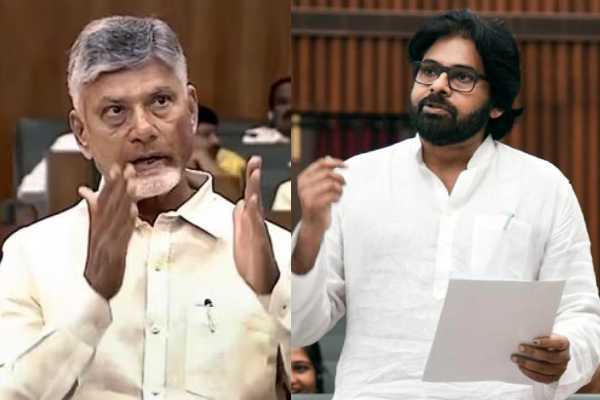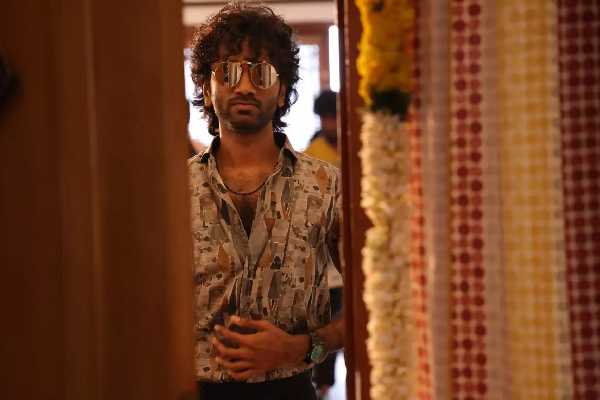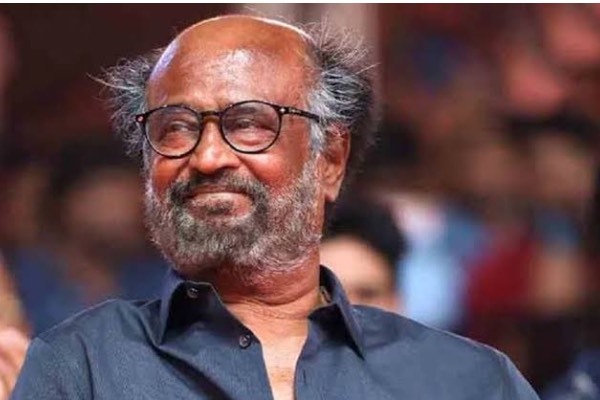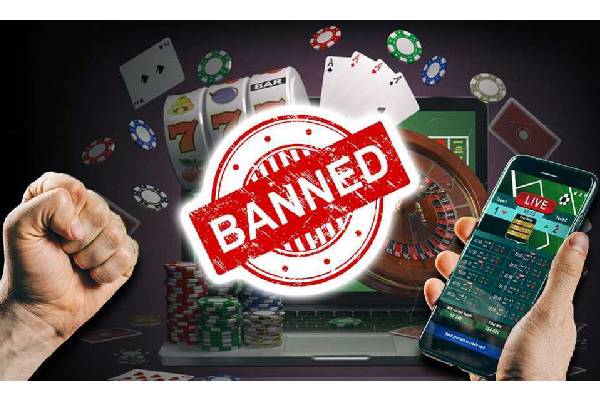The Economic Fallout
When Parliament voted to ban real-money online gaming, it was projected as a moral move, a strike against addiction, reckless spending, and the erosion of social values. But the decision has pulled the plug on an industry worth over ₹2 lakh crore, an ecosystem that paid more than ₹20,000 crore annually in taxes and directly employed over two lakh people. For every number in these reports, there is a face, an engineer in Bengaluru, a designer in Pune, or a customer care executive in Gurugram, now staring at uncertainty. The livelihoods lost here are not just jobs in gaming companies; they ripple across advertising, media, sports sponsorships, and even the IT sector.
The Credibility Question
This industry was not just local entertainment; it was global business. Investors had pumped in over ₹25,000 crore as foreign direct investment, betting on India to be the next hub of digital gaming. Companies like Dream11 and Gameskraft had become household names, not because of chance, but because they mastered skill-based platforms that courts themselves had earlier distinguished from gambling. A sudden, sweeping ban raises uncomfortable questions for investors who may now doubt India’s digital promises. If a sector with such economic weight can be shuttered overnight, what guarantee exists for others who plan to commit their billions here? Credibility, once lost, takes years to rebuild.
The Human Angle
Beyond the balance sheets, there is the ordinary gamer. Millions of Indians used these apps not merely as distractions but as platforms for competition, stress relief, and even modest earnings. Addiction is real, no doubt, but then so is alcoholism, so is smoking. Neither of those industries has ever been dismantled; they are regulated and taxed. Why then must gaming be treated differently? A blanket ban does not end gaming, it only pushes it into the shadows, where offshore and unregulated operators will thrive, beyond the reach of law or taxation.
A Clash of Values
This ban is also a mirror to India’s ongoing tug-of-war between tradition and modernity. For elders, the rise of gaming apps felt alien, even threatening, much like alcohol once did in Gujarat. For younger Indians, this was a space of opportunity, a chance to be part of the global digital economy. Andhra Pradesh and Telangana have already lived without gaming apps; Gujarat has lived without alcohol for decades. But national bans carry consequences that no state alone has ever had to shoulder. What is framed as cultural preservation may, in the long run, cost far more than it protects.
Choosing Between Regulation and Prohibition
The real question is not whether India can survive without gaming apps, it surely can. The question is whether it should. A forward-looking digital economy cannot afford to sacrifice innovation and investment at the altar of prohibition. Regulation, not eradication, is the middle path that balances social safeguards with economic growth. By outlawing rather than overseeing, the government risks creating a vacuum that benefits no one, not the players, not the families, not the exchequer, and certainly not India’s reputation on the global stage.
Conclusion
In the rush to outlaw, India may have overlooked what it stands to lose jobs, revenue, investment, and above all, trust. This is not just a fight over games; it is a test of how India values its digital future. And right now, the cost of this ban seems far heavier than the problems it sought to solve.


































